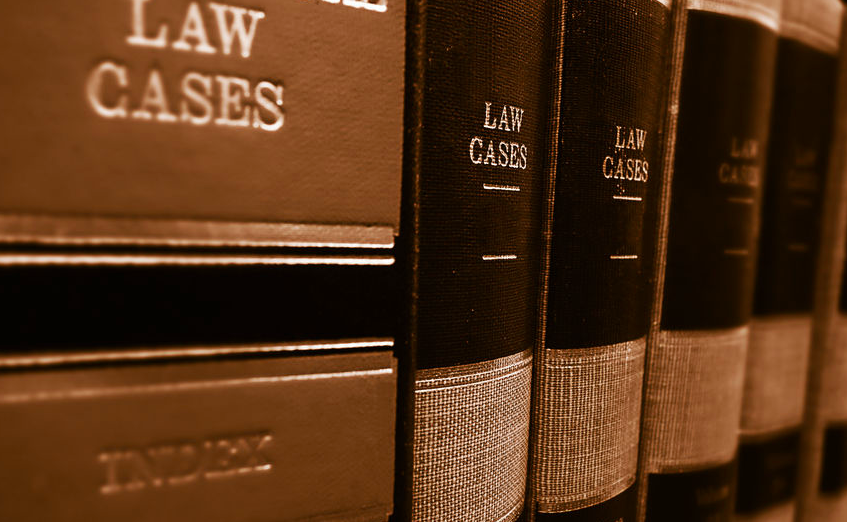WILL COURT PUT ALASKA ON THE SCHEDULE?
Alaska’s extremely low campaign contribution limits of “$500 per candidate per-donor, per-year” are the subject of a lawsuit working its way through the Supreme Court this month.
Will the nation’s highest court hear it? Alaskans may find out soon.
The $500 limit was upheld in the Ninth Circuit Court of Appeals on Nov. 27, 2018, and the petitioners are now asking the Supreme Court to take a look at whether the limit infringes on Alaskans’ right to free speech.
AWKWARD LEGAL JOURNEY
This First Amendment case involving political speech has Alaskans David Thompson, Aaron Downing, and Jim Crawford as plaintiffs, and the Alaska Public Offices Commission, Heather Hebdon, executive director, as the defendant.
In “only in Alaska” style, the Thompson vs. Hebdon case was originally brought by attorney Kevin Clarkson, who is now Alaska’s Attorney General, now in charge of defending APOC against the lawsuit. Clarkson’s former law partner, Robin Brena, has taken up the case, with the D.C.-based Alliance for Defending Freedom, and several other legal entities filing briefs in support of the three Alaskans.
BACKGROUND — THE 2006 VOTER INITIATIVE
In 2006, a voter initiative set the individual contributions to candidates at $500 per year, and capped the amount groups such as union political action committees and political parties could give at $1,000 per candidate per year. The initiative also restricted the total amount candidates could receive from out-of-state contributions, including family members, to $3,000.
The 2006 voter information packet explanation of the initiative stated the reasons voters would want to mark “yes”:
“Corruption is not limited to one party or individual. Ethics should be not only bipartisan but also universal. From the Abramoff and Jefferson scandals in Washington D.C. to side deals in Juneau, special interests are becoming bolder every day. They used to try to buy elections. Now they are trying to buy the legislators themselves.”
The Alaska Campaign Finance Reform Initiative passed with 73 percent of the vote on the 2006 August primary ballot.
The recent shift of campaign activity to independent expenditure groups came later, after the Supreme Court’s 2010 decision on Citizens United vs FEC, which now makes these side groups more powerful than the candidates’ own campaigns.
The original lawsuit in Thompson vs. Hebdon was filed in 2015.
Last year, the Ninth Circuit affirmed the legality of the individual-to-candidate and individual-to-group limits, and it also upheld the political party and union PAC contribution levels.
However, the Ninth Circuit Court reversed the aggregate nonresident limit of $3,000 per candidate, saying it violates the First Amendment.
The $500 limit per candidate is the lowest in the country. Vermont had a $400 contribution limit that was struck down in 2006 in Randall vs. Sorrell, and the limit is now over $1,000 for statewide candidates.
For context, Alaska’s limit is 50 percent lower than the lowest contribution limit ever upheld by the Supreme Court.
DC lawyer Paul Clement is lead counsel representing the three Alaska plaintiffs. Since 2000, Clement has argued more Supreme Court cases than any lawyer — in or out of government.
Laura Fox, an assistant attorney general for Alaska, is in the awkward position of defending the state against the lawsuit originally brought by her boss, Clarkson.
The state’s argument is that Alaska is particularly susceptible to corruption and that $500 is a perfectly defendable amount that does not need to be increased because the cost of campaigns do not track the rate of inflation.
Filing briefs in support of Thompson, Downing, and Crawford is the Institute for Justice, the Cato Institute, Institute for Free Speech, and the Brennan Center for Justice at NYU School of Law. Pro bono legal work is being handled by Reed Smith LLP .
According to Cato, the Supreme Court has never granted the federal or state governments such an extreme authority to restrict valid First Amendment activity.
“The Ninth Circuit’s decision flouted Supreme Court precedent and it deserves a firm rebuke,” Cato wrote. “In doing so, the Court should emphasize, once again, that core political speech and association activities, including political contributions, are entitled to robust protection by the First Amendment.”
On Monday morning, Supreme Court justices are expected to release orders from their Nov. 15 conference. It’s possible that the Thompson vs. Hebdon case will be among them.

Leave it alone, the last thing we need is big money donors running Alaska’s elections.
Comments are closed.